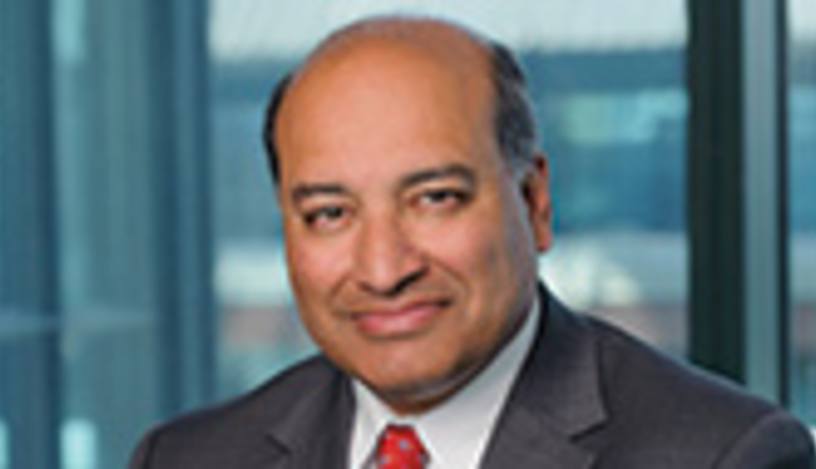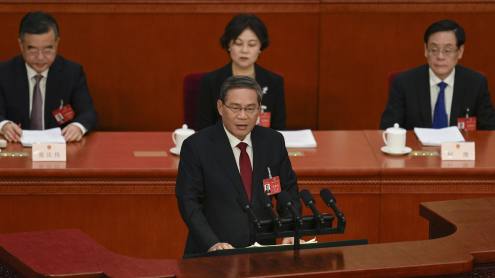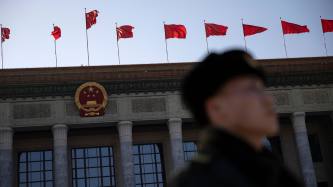Although the European Bank for Reconstruction and Development (EBRD) has engaged with north Africa and the Levant for only a short time, its impact has been appreciable. In the aftermath of the Arab Spring, the bank’s expertise in promoting private-sector development and improved economic governance was called upon by the international community to be utilised in Egypt, Tunisia, Morocco and, later, Jordan. Few other multilateral institutions were seen as capable of addressing this transition process.
“The EBRD has responded very rapidly to the call for us to be involved in north Africa and the Levant, including Egypt, Tunisia, Morocco and Jordan. Following the Arab Spring, investments have been rising steadily in the four countries. In the first half of 2014 we invested €500m. Since 2012, total investments have reached €1.2bn, which we expect to reach €1.5bn by the end of 2014,” says Sir Suma Chakrabarti, president of the EBRD.
Editor's choice
Challenging environment
Known by the bank as the southern and eastern Mediterranean countries, its work in these jurisdictions has been hindered by often challenging political and security environments. However, the EBRD sees opportunities for improved security and political development through initiatives that will spur economic growth, facilitate employment and strengthen the private sector.
“What is interesting for us in Egypt is how much stronger our pipeline of projects is going forward. We started off working heavily in the public sector but these efforts have shifted to the private sector as conditions have stabilised,” says Mr Chakrabarti.
The bank’s experience in its legacy region of eastern Europe positions it well for the various challenges to be faced in the Levant and north Africa. Many of these issues are already familiar to the EBRD, including underdeveloped financial sectors and capital markets, as well as the broader challenges of dealing with opaque regulatory environments that stunt private-sector development. In this sense, the EBRD can make a meaningful contribution to the process of political and economic transition these countries are undertaking in a post-Arab Spring environment.
“We’re putting a lot of effort into strengthening and restructuring the financial sector in each of these countries. As such, the EBRD is doing quite a lot of work with the regional banks to improve their credit lines directly into the economy. [Small and medium enterprises] are the bedrock of the four economies and they have found it difficult to get access to the amounts of financing from the banks that they require. Pre-Arab Spring, the banks tended to serve the elites. So often the SME sector had to go to the informal banking sector to get funding,” says Mr Chakrabarti.
Empowering women
As a function of this strategy, the EBRD has also prioritised the economic empowerment of women in the region. Following the successful execution of its Finance and Advice for Women in Business programme in Turkey, which has seen banks extend credit lines to female entrepreneurs in the country, the same model will be applied in Egypt, Morocco and Tunisia.
“There are a lot of female entrepreneurs who have been cut out of the system. They have also found it difficult to get access to finance often for simple historical or cultural reasons. So in Turkey we have been working on developing credit lines with banks that are based on income stream rather than asset collateral. We want to apply this same process to north Africa,” says Mr Chakrabarti.
Moreover, the bank’s Trade Facilitation Programme is seen as another effective tool to promote private-sector development, designed as a mechanism to encourage foreign trade to, from and among EBRD member countries. In Morocco, it has been a standout success. The bank has provided a number of guarantees to international confirming banks to support global trade transactions, most recently providing a $40m trade finance line to Crédit du Maroc in February 2014.
In the long term, the EBRD hopes to extend its presence in north Africa to Libya. However, a fractious political and security environment has seen its membership progress stall after the country’s parliament failed to ratify the necessary conventions.
“Libya’s private sector represents only 5% of [gross domestic product]. So we are very keen to start operating there as soon as there is some peace and security,” says Mr Chakrabarti.












